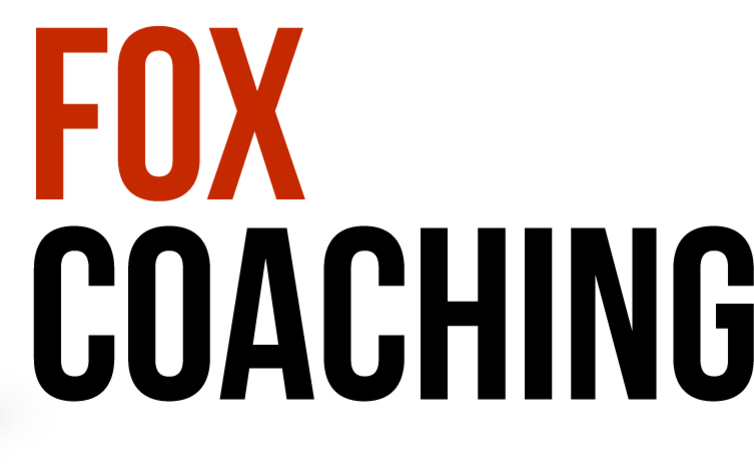The alternatives to DiSC assessments - pros and cons of each
Posted on 22nd May 2023 at 14:22
As a certified DISC practitioner based in the UK, I have seen first-hand the value of DISC assessments in helping individuals and teams gain insight into their behavioural preferences. However, I also recognise that DISC assessments may not be the right fit for everyone. In this blog post, I will explore some alternatives to DISC assessments and the pros and cons of each.
Myers-Briggs Type Indicator (MBTI)
The MBTI is a popular personality assessment tool that categorises individuals into one of 16 personality types based on their preferences for four dichotomies: extraversion vs. introversion, sensing vs. intuition, thinking vs. feeling, and judging vs. perceiving. Some pros of the MBTI include its widespread use, in-depth analysis of individual preferences, and insight into how people perceive the world around them. However, some cons include its complexity, potential for individuals to be mistyped, and lack of a clear link to job performance.
StrengthsFinder
StrengthsFinder is an assessment tool that identifies an individual's top five strengths out of a possible 34. It aims to help individuals focus on their strengths rather than their weaknesses to improve their performance. Some pros of StrengthsFinder include its focus on positivity and individual strengths, its simplicity and ease of use, and its ability to help individuals identify areas where they can excel. However, some cons include its limited scope, potential for individuals to become overly reliant on their top five strengths, and lack of insight into areas where individuals may need to improve.
Enneagram
The Enneagram is a personality assessment tool that categorises individuals into one of nine types based on their core motivations, fears, and desires. It aims to help individuals understand their underlying motivations and how they interact with the world around them. Some pros of the Enneagram include its in-depth analysis of core motivations, ability to help individuals identify areas for personal growth, and focus on personal development. However, some cons include its complexity, potential for individuals to mistype themselves, and lack of a clear link to job performance.
Big Five Personality Traits
The Big Five Personality Traits are a set of five broad dimensions that describe an individual's personality. The five traits include openness to experience, conscientiousness, extraversion, agreeableness, and neuroticism. Some pros of the Big Five Personality Traits include their widespread use, comprehensive coverage of personality dimensions, and established link to job performance. However, some cons include their complexity, potential for individuals to be labelled with negative traits, and lack of insight into specific behaviours and preferences.
In conclusion, while DiSC assessments are a popular and effective tool for gaining insight into behavioural preferences, they may not be the right fit for everyone. By exploring alternatives such as the MBTI, StrengthsFinder, Enneagram, and Big Five Personality Traits, individuals and teams can gain a deeper understanding of their preferences, motivations, and behaviours. Each assessment tool has its own set of pros and cons, and it is important to choose the one that best fits your needs and goals.
🌟 Discover Your Unique Behavioural Style! 🌟
Unlock the Power of Self-awareness with Our DiSC Assessment!
📈 Get Your 40-Page DiSC Report + 45 Min Debrief for ONLY £99!
🔍 What You'll Gain:
✅ Identify Your Own Behavioral Style
✅ Recognise Other Styles
✅ Master Effective Communication
✅ Enhance Personal and Professional Relationships
📥 Download a Sample Report NOW to See the Insights!
🌟 Special Offer 🌟
Discounts Available for Groups of 6 or More Assessments!
Reach Out Today with Your Requirements and Save Even More!
Don't Miss This Opportunity to Understand Yourself and Others Better. Start Your DiSC Journey Today!
Tagged as: #BehaviouralAssessments, #BigFivePersonalityTraits, #DiSC, #Enneagram, #MBTI, #StrengthsFinder
Share this post:





